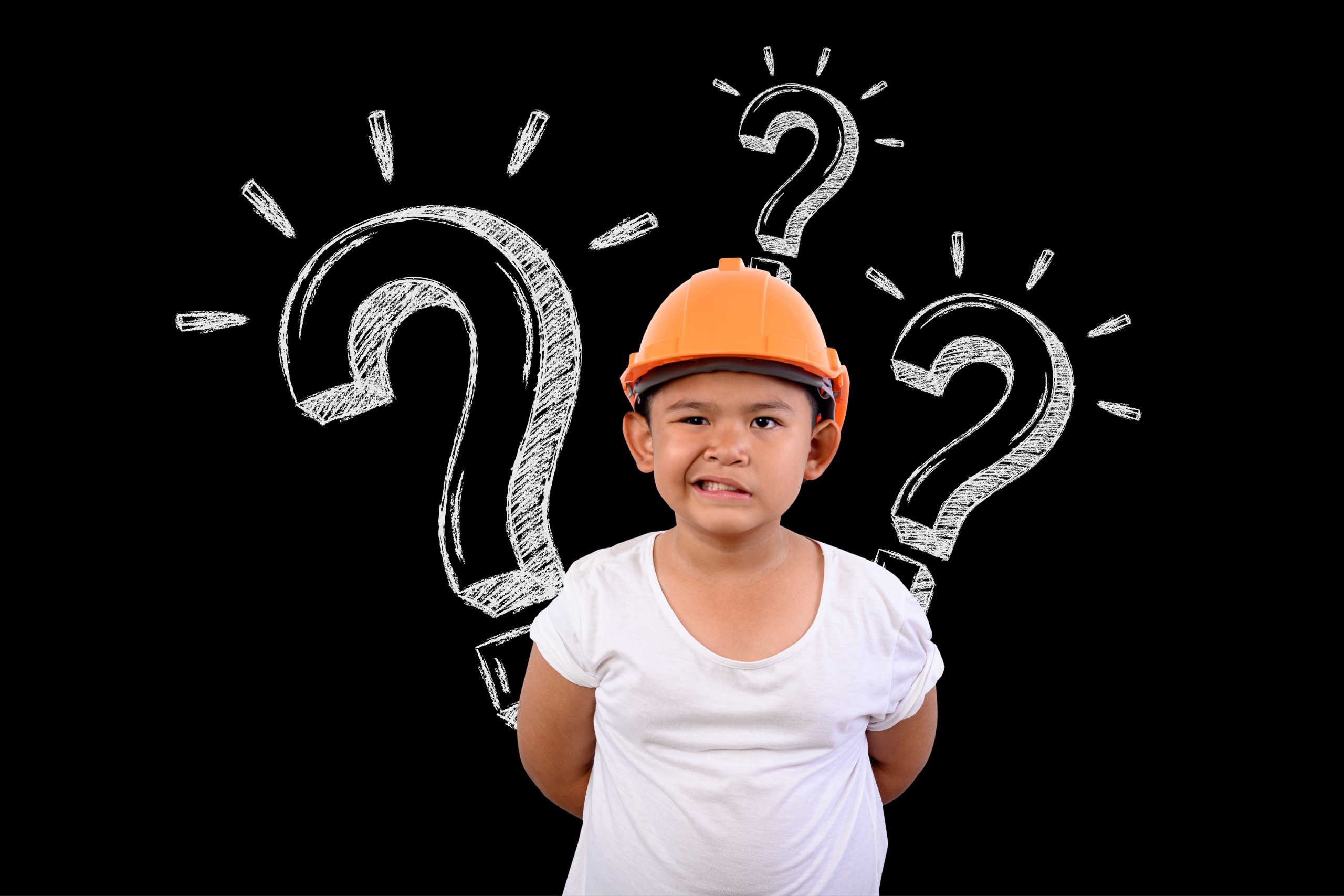Picture yourself standing at the entrance of a winding maze, filled with twists and turns that challenge your every step. As you navigate through this labyrinth of riddles, you can’t help but wonder what tools and resources can guide you to conquer these mind-bending enigmas. Well, fear not, for we have the answers you seek. In this discussion, we will explore the various resources and strategies that can assist you in unraveling the mysteries of riddles for kids. So, prepare to unravel the secrets hidden within these puzzling conundrums and discover the keys to unlocking your child’s potential.
Benefits of Riddles for Kids
Are you curious about the benefits that riddles can bring to kids? Well, let me tell you, there are plenty! Solving riddles is not just a fun activity; it also has numerous positive effects on your child’s development. Riddles can significantly contribute to their cognitive development, language acquisition, problem-solving abilities, critical thinking skills, and creativity enhancement.
When kids engage with riddles, they are actively working on their cognitive development. Riddles require them to think critically, analyze information, and make connections between different pieces of knowledge. This process helps expand their vocabulary, as they encounter new words and phrases while trying to decipher the riddles.
Moreover, solving riddles enhances problem-solving abilities. Kids have to think outside the box, come up with creative solutions, and approach problems from different angles. This fosters their critical thinking skills and encourages them to think critically and logically.
Additionally, riddles ignite creativity in kids. They have to use their imagination to unravel the hidden meanings behind the riddles and come up with clever answers. This creative thinking not only improves their problem-solving skills but also encourages them to think creatively in other areas of their lives.
Importance of Balance in Riddles
Finding the right balance in riddles is crucial for engaging and challenging kids while keeping the activity enjoyable and beneficial for their development. When it comes to riddles, it’s important to strike a balance between easy and tough riddles. Here are three reasons why balance is important in riddles:
- Drawbacks of unbalanced riddles: If the riddles are too easy, kids may get bored quickly and not feel challenged. On the other hand, if the riddles are too difficult, kids may feel frustrated and discouraged from participating. It’s important to find a balance that keeps kids engaged and motivated to solve the riddles.
- Engaging kids with interactive riddle games: By incorporating interactive elements into riddles, such as clues, hints, or visual aids, kids are more likely to stay engaged and enjoy the activity. Interactive riddle games make the experience more enjoyable and encourage active participation.
- Importance of age appropriate riddles: Riddles that are suitable for a child’s age and developmental stage are more likely to be effective in promoting cognitive development. Age appropriate riddles ensure that kids are appropriately challenged and can develop their problem-solving and critical thinking skills at a pace that is suitable for them.
Incorporating well-balanced riddles into educational curricula can have numerous benefits for children’s cognitive development. By offering a variety of riddles that are both challenging and enjoyable, educators can foster critical thinking, problem-solving, and creativity in their students. Riddles provide a unique opportunity for teaching and learning, allowing children to expand their vocabulary, improve reading comprehension, and enhance their overall cognitive abilities. By striking the right balance in riddles, educators can create a fun and engaging learning environment for their students.
Top 111 Kid-friendly Riddles
Get ready to challenge your little ones with the top 111 kid-friendly riddles that will keep them entertained and their minds sharp! Riddles are not just a fun pastime; they also have numerous benefits for children. They help in the development of problem-solving skills, enhance vocabulary, encourage creativity, and foster teamwork and collaboration.
Solving riddles requires critical thinking, as children have to analyze the clues and come up with logical solutions. This process helps them develop their problem-solving skills, allowing them to think outside the box and find creative solutions to different challenges.
Furthermore, riddles are an excellent way to enhance vocabulary in kids. By exposing them to new words and concepts, riddles expand their language skills and improve their ability to express themselves.
In addition, riddles encourage creativity in kids by allowing them to think imaginatively and come up with unique answers. They provide an opportunity for children to think creatively and explore different possibilities.
Lastly, riddles can foster teamwork and collaboration. Solving riddles together as a group promotes communication, cooperation, and the sharing of ideas. It gives children the chance to work together, think collectively, and learn from one another.
Math Riddles for Kids
Math riddles for kids are a fun and interactive way to engage their problem-solving skills while exploring mathematical concepts. These riddles not only challenge children’s critical thinking abilities but also foster a love for numbers. Here are three benefits of incorporating math riddles into your child’s learning experience:
- Problem solving strategies: Math riddles require children to think logically and use problem-solving strategies to find the solution. By solving these riddles, kids learn to analyze information, think critically, and develop effective problem-solving skills.
- Incorporating math concepts: Math riddles provide an opportunity to reinforce and apply mathematical concepts in a practical and engaging way. They can help children understand and remember mathematical operations, patterns, and relationships.
- Interactive learning experiences: Math riddles create a dynamic learning environment where children actively participate in the learning process. They encourage active thinking, collaboration, and communication, making the learning experience more interactive and enjoyable.
Animal Riddles for Kids
Discover a world of animal-themed riddles that will captivate and challenge young minds, sparking their curiosity and imagination. Animal riddles for kids are a great way to introduce children to the fascinating world of animals while keeping them entertained.
Not only do these riddles provide a fun and interactive experience, but they also offer educational benefits. As kids try to solve the riddles, they learn fun animal facts, expanding their knowledge about different species. They can also explore creative animal crafts, such as making paper plate masks or creating animal puppets.
To further enhance their learning, encourage them to read animal-themed books for kids. These books not only entertain but also provide valuable information about animals and their habitats.
For a more hands-on experience, engage in outdoor activities with animals. Visit a local zoo or farm, where kids can observe and interact with different animals. This allows them to develop a deeper understanding and appreciation for the animal kingdom.
For a quieter, indoor activity, try animal-themed puzzles and games. These not only provide entertainment but also help develop problem-solving skills and logical thinking.
Hard Riddles for Kids
Are you ready to challenge your brain with some hard riddles for kids? Get ready to put your thinking cap on and test your problem-solving skills with these tricky riddles. Here are some strategies to help you solve these challenging riddles:
- Break it down: Read the riddle carefully and break it down into smaller parts. Look for clues and keywords that might help you find the answer.
- Think outside the box: Don’t be afraid to think creatively and consider different perspectives. Sometimes the answer might be hiding in plain sight, but you need to think outside the box to find it.
- Trial and error: If you’re stuck, don’t give up! Try different solutions and see what works. Sometimes, the process of elimination can lead you to the right answer.
To make solving hard riddles even more enjoyable, you can try engaging activities like creating your own riddles, solving riddles with friends or family, or incorporating riddles into educational lessons. There are hard riddles for different age groups of kids, so everyone can join in on the fun. Exposing kids to challenging riddles has many benefits, including improving critical thinking skills, enhancing problem-solving abilities, and expanding their vocabulary. So, get ready to exercise your brain and have a great time solving these hard riddles!
English Riddles for Kids
Get ready to challenge your language skills with these fun and engaging English riddles for kids. Solving riddles is not only a great way to have fun, but it also encourages creative thinking and helps improve language development. English riddles for kids can be incorporated into classroom activities to enhance learning and problem-solving strategies.
One effective way to teach kids different approaches to solving riddles is by using a variety of riddles that require different thinking strategies. For example, some riddles may require kids to think logically and analytically, while others may require them to think creatively and outside the box. By exposing kids to a range of riddles, they can develop a diverse set of problem-solving skills.
In addition to problem-solving skills, riddles can also be used as a tool to engage kids in storytelling and narrative development. By incorporating riddles into stories, kids can actively participate in the storytelling process and exercise their imagination. This not only makes the storytelling experience more interactive and enjoyable but also enhances their linguistic and cognitive abilities.
Tricky Riddles for Kids
Let’s dive into the world of tricky riddles that will challenge the minds of kids and keep them entertained! Tricky riddles are brain teasing challenges that go beyond simple answers, requiring kids to think creatively and critically. They are not only fun but also serve as a great tool for developing problem-solving skills, promoting critical thinking, and enhancing cognitive abilities.
Here are three benefits of solving tricky riddles for kids:
- Developing problem-solving skills: Tricky riddles present complex problems that require kids to think outside the box and come up with innovative solutions. By engaging in these brain teasers, children learn to analyze, evaluate, and strategize, honing their problem-solving skills.
- Promoting critical thinking: Tricky riddles encourage kids to think deeply and critically about the given information. They need to consider different possibilities, evaluate options, and make logical connections to arrive at the correct answer. This helps foster their analytical thinking and reasoning abilities.
- Enhancing cognitive abilities: Solving tricky riddles engages various cognitive processes, such as memory, attention, and logical reasoning. Kids have to remember the clues, pay attention to details, and use deductive reasoning to solve the riddles. This not only strengthens their cognitive abilities but also improves their overall cognitive functioning.



